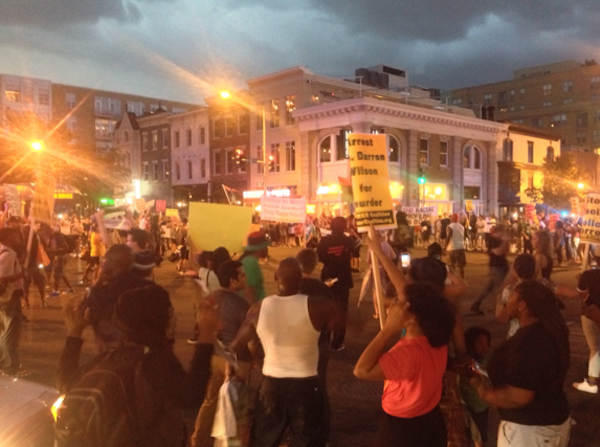
At 7 p.m. on Saturday night, “‘Hands up, don’t shoot!’ buttons, one dollar!” were the chants you heard outside of the 10th Street exit of the U Street…
IBW21 (The Institute of the Black World 21st Century) is committed to enhancing the capacity of Black communities in the U.S. and globally to achieve cultural, social, economic and political equality and an enhanced quality of life for all marginalized people.

At 7 p.m. on Saturday night, “‘Hands up, don’t shoot!’ buttons, one dollar!” were the chants you heard outside of the 10th Street exit of the U Street…
BERKELEY, Mo. (AP) — A planned highway shutdown fell through Wednesday as a wall of officers in riot gear kept Ferguson police…

Like many other aspects of policing in America, civil asset forfeiture morphed into an entirely new beast in the paranoid aftermath of 9/11.
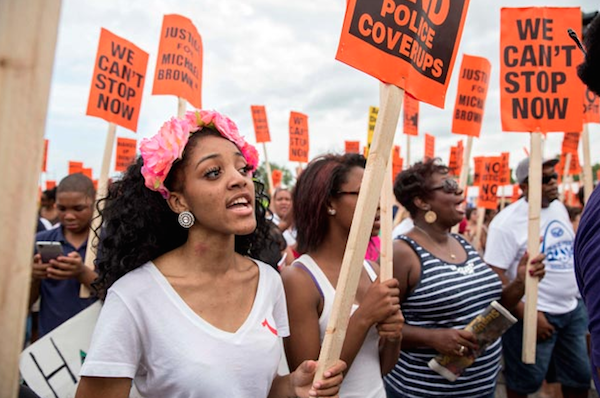
By the time of Michael Brown’s murder, St. Louis area police had already shot at least 16 people in 2014, the vast majority of whom were black.
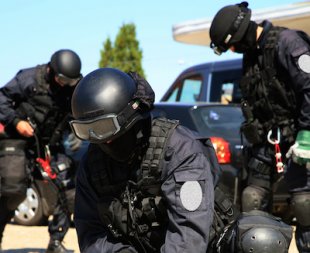
The federal bureaucratic pipeline that has pumped billions in surplus military weapons and battle gear into thousands of police departments…
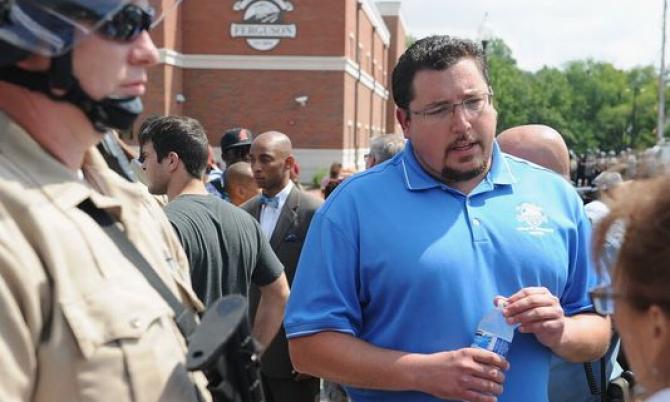
There’s no shortage of calls for racial healing or proposals for community initiatives in slowly back-to-normal Ferguson, Mo.
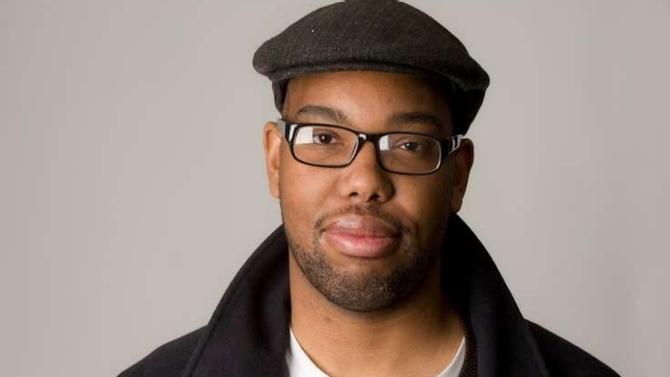
Who are today’s standout black leaders, innovators and culture shapers? Who are the most influential African Americans 45 and under?
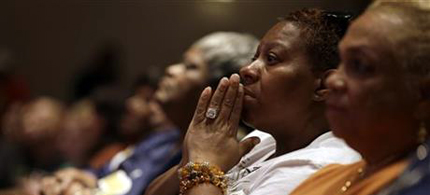
Eected leaders in the St. Louis suburb where an unarmed black 18-year-old was fatally shot by a white police officer hoped to use their first public meeting since Michael Brown’s death as a chance to promote community healing.
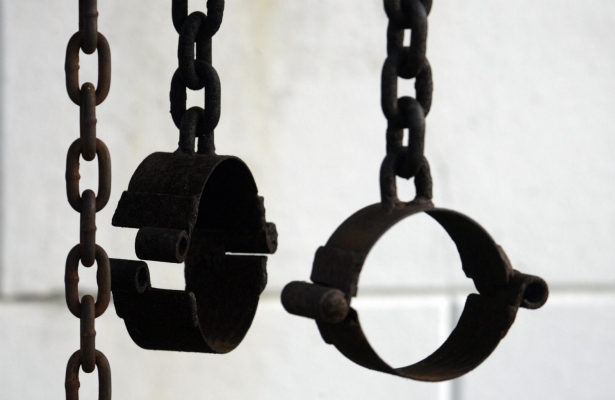
A few months ago, my recent book The Empire of Necessity: Slavery, Freedom, and Deception in the New World received a lukewarm review in The Economist.
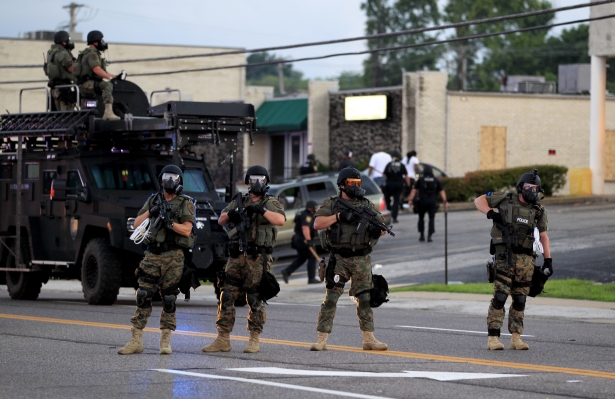
Congress returns to Washington this week, one month since the shooting of Michael Brown and the ensuing police crackdown on protesters in Ferguson, Missouri.
One month after Michael Brown, an unarmed black teenager, was shot to death by Officer Darren Wilson in Ferguson, Missouri…
Quick facts on Police Militarization: Pentagon’s Excess Property Program (1033 Program) has supplied police departments across the country with more than $4.3 billion in gear since 1997. This includes $449…